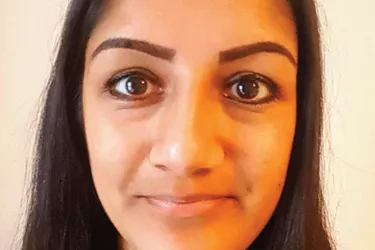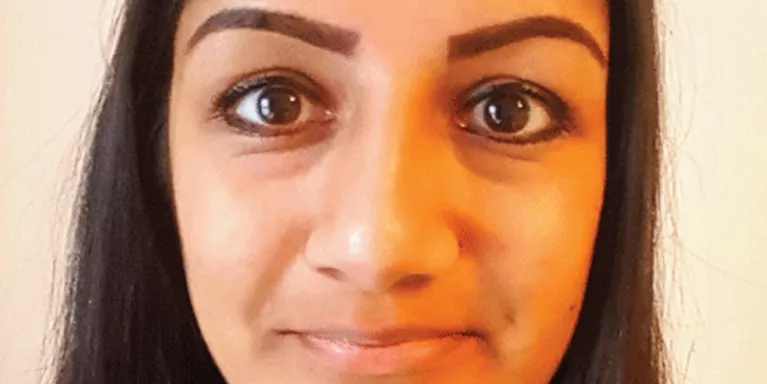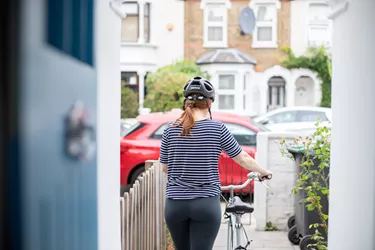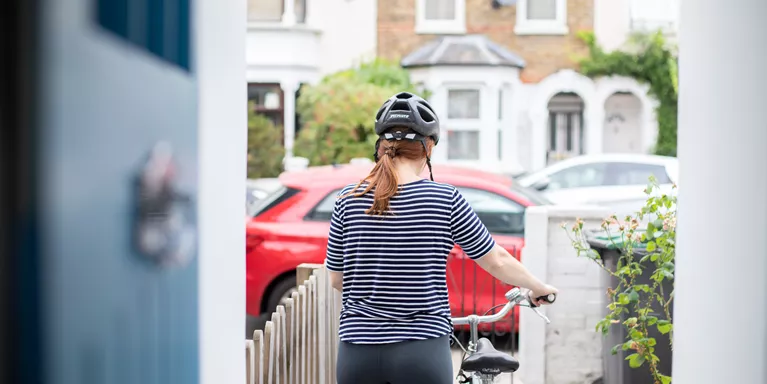Talking about Borderline personality disorder with the people you love
Jules blogs about the difficulties of talking to her family and friends about living with BPD.
I saw a video recently about a girl who suffers from a severe form of autism. It documented her life, a very difficult life, and her family’s difficulties. This young girl, now a teenager, had been unable to communicate to her loved ones her entire life. Her parents, despite everything they had been told about her condition, despite her extreme behaviour and seemingly hopeless cause, never gave up. They saw life in her and they saw something amazing in her.
After many years of trying to help this girl, after being told she would be better in an institution, that basically she had no intelligence whatsoever, something remarkable happened. A psychologist involved with her care taught her to use the keys on a laptop. If she wanted anything, she had to sit and write it down. And after many hours of practice, and after making some basic words, one day she was able to send her dad a message on Skype.
She said “Dad, I like it when you read to me.”
Her father said it was the happiest day of his life. He had been reading to her for most of her life and he didn’t know in himself whether she knew what he was saying, he just hoped.
Sometimes I feel like I cannot communicate to people what it is like to live with Borderline personality disorder (BPD), Post traumatic stress disorder (PTSD) and depression. With BPD, I feel emotions for longer than you may do. Now if you think about how many emotions you feel throughout an average day, happy, sad, indifferent, joyful, annoyed etc. Then let’s say that’s a few hundred emotions a day. I may have felt each one longer than you and what that means is that I feel fear longer, I feel sadness longer, I feel shame, humiliation, guilt and loneliness longer.
But the important thing to understand is that I do not choose to feel those emotions for longer. My brain interprets emotion differently to how yours might. My emotional senses are overloaded and because of this, I have coping mechanisms that you may not have, that you may not need and behaviours that may not make sense, that may make you despair at me, just as people did around the girl with autism.
There is a plus side to this and it is something I am very grateful for. I also feel positive emotions for longer as well. I feel love, compassion, happiness, joy, I see beauty in things, with a depth that you may not have experienced. It is the part of the condition that makes me “sensitive” that makes me caring, understanding of others, hopeful and kind. It is because I feel this spectrum of emotion that I am who I am and yet it is this same overloading of feelings that makes me very confused about who I am.
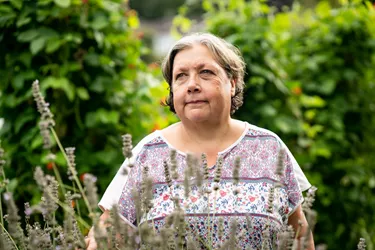
Nobody is more upset than me after I have behaved in a way that has hurt someone. I feel regret very deeply and more often than not I feel despair because I cannot make people feel what I feel. I cannot show them, I cannot explain properly, I am very alone a lot of the time.
Now I want to tell you about something that happened recently, something which disturbed me and something which at the same time gave me hope that I may feel things as you do one day. I was in a mental health setting and I heard somebody in extreme distress nearby. The things, some coherent and some not, that I heard, literally broke my heart.
This person was screaming about things that had happened to them, and these were things that had happened to me too. And I could have been annoyed, I could have wanted to get as far away as possible from them but my instinct, my compassion, my “sensitivity” wanted something else. I wished I could hold this person very tight, to tell them they were safe, they were loved, and they would be okay. Because that is what I felt this person needed and I knew that because sometimes it is what I need too.
Sometimes the things in my mind are so overwhelming, the behaviours are so extreme, I need saving from myself, I lose control and I do not know who I am anymore. I am very lucky, like the girl with autism. Her father never gave up on her, and my dad has never given up on me. Many people have not given up on me, when all the logic in the world tells me they should. Sometimes, when we don’t know who we are, we don’t know why we are doing what we are doing, it just takes a person with hope to see something behind those eyes, something we cannot see ourselves, to save us and tell us that we can be okay.
You know if that girl could sit at her laptop day after day trying to express what she feels, and finally one day, say something to show that she was alive, that she was in there, then I thought, maybe I can do that too, maybe one day the people that have given up or don’t believe there is a good person in there, maybe they could see and understand.
I very much miss the people who have walked away and I do not know the way to heal everything. I am learning to heal myself first so that I may one day be able to heal my relationships with the people I care about the most. But I know when I try to express myself, if there is one thing I'd ask people to understand, it's that I am living with a more intense version of everything, good and bad, but that the rest of me is in there. Sometimes you need the people who know you the most to remind you of what the rest is, to keep on showing you reasonable behaviours, reasonable emotional processing times, to help you back to yourself.
I wasn’t born with this disorder and I am not a victim. Life came at me in a way it might not have come at you, my experiences changed me, for the worse sometimes, but for the better sometimes as well. And the people I love and who love me are part of my future, part of my potential safe and balanced experiences to come, that’s what I hope.

Information and support
When you’re living with a mental health problem, or supporting someone who is, having access to the right information - about a condition, treatment options, or practical issues - is vital. Visit our information pages to find out more.
Share your story with others
Blogs and stories can show that people with mental health problems are cared about, understood and listened to. We can use it to challenge the status quo and change attitudes.












